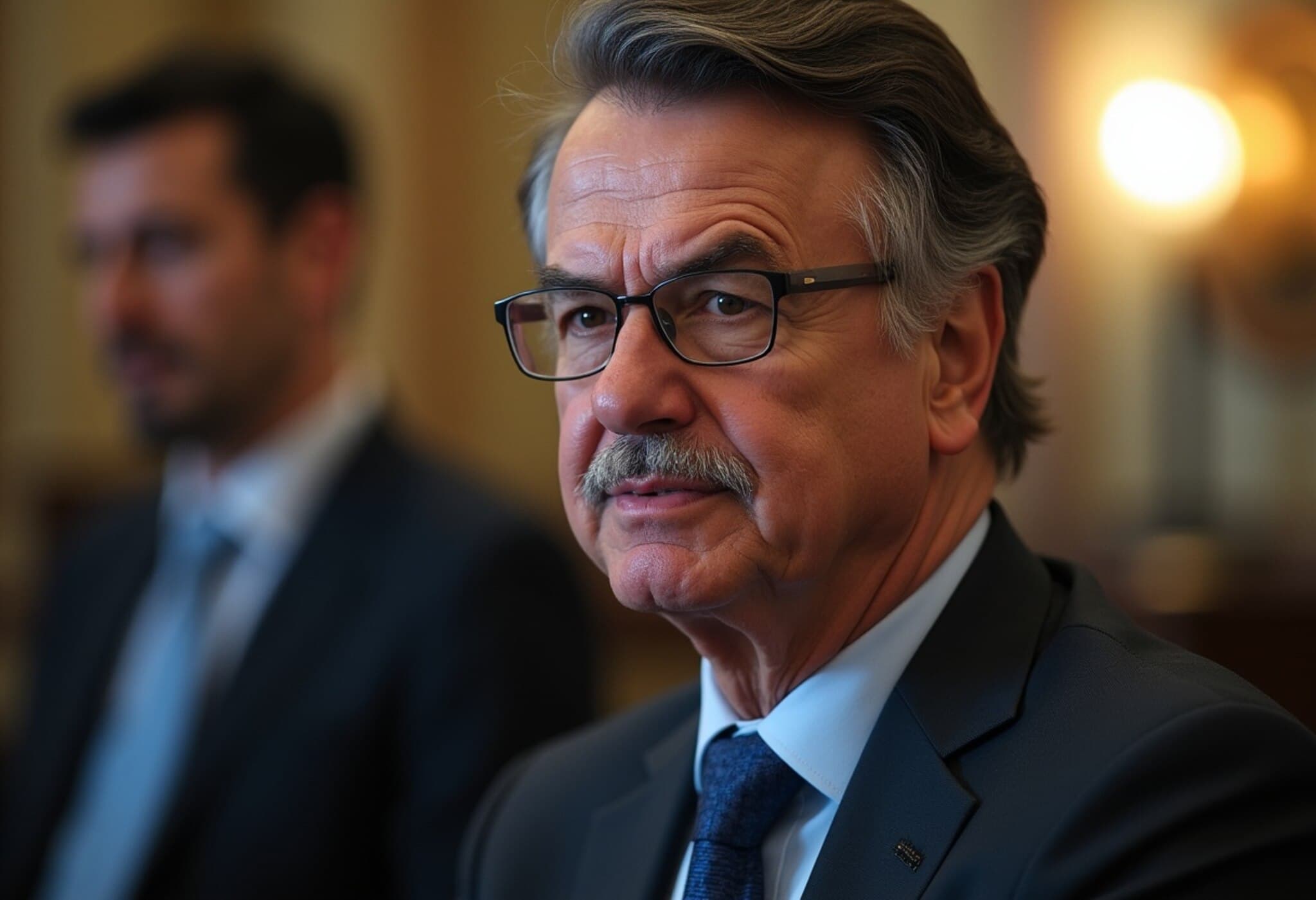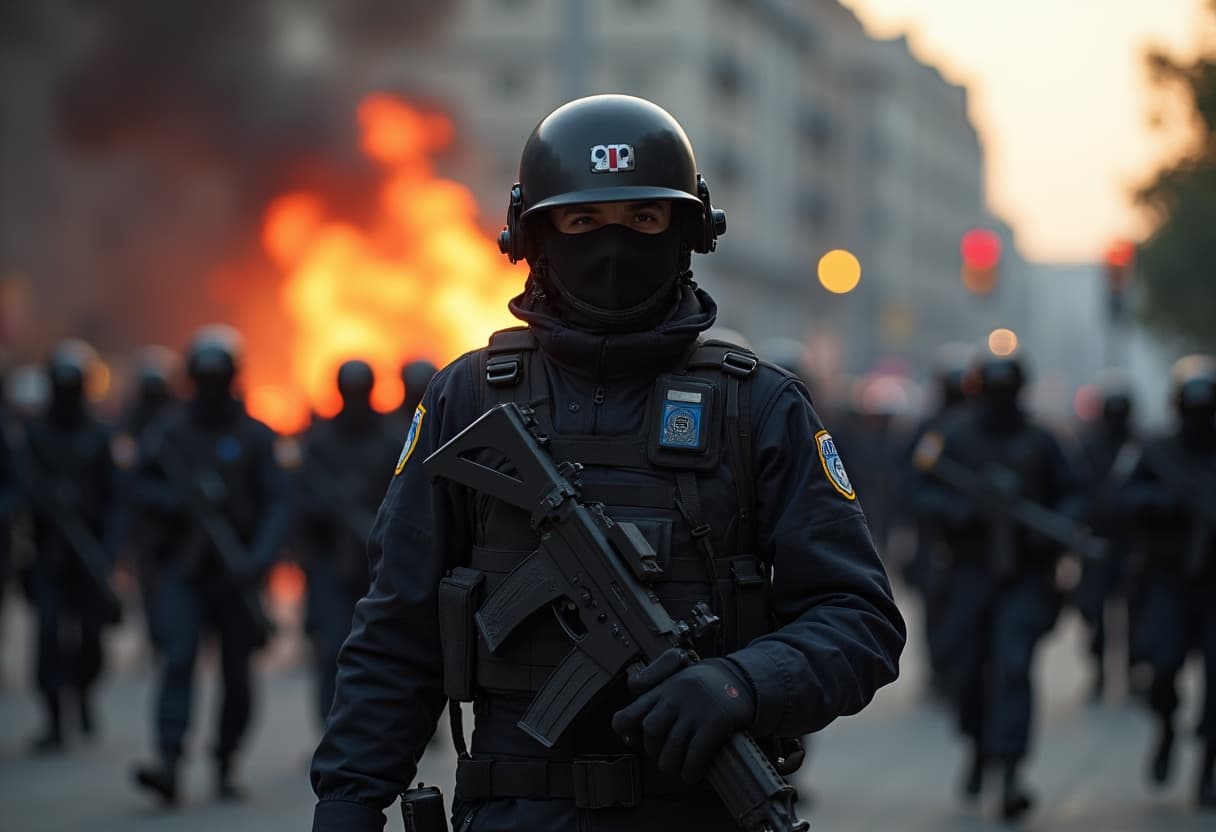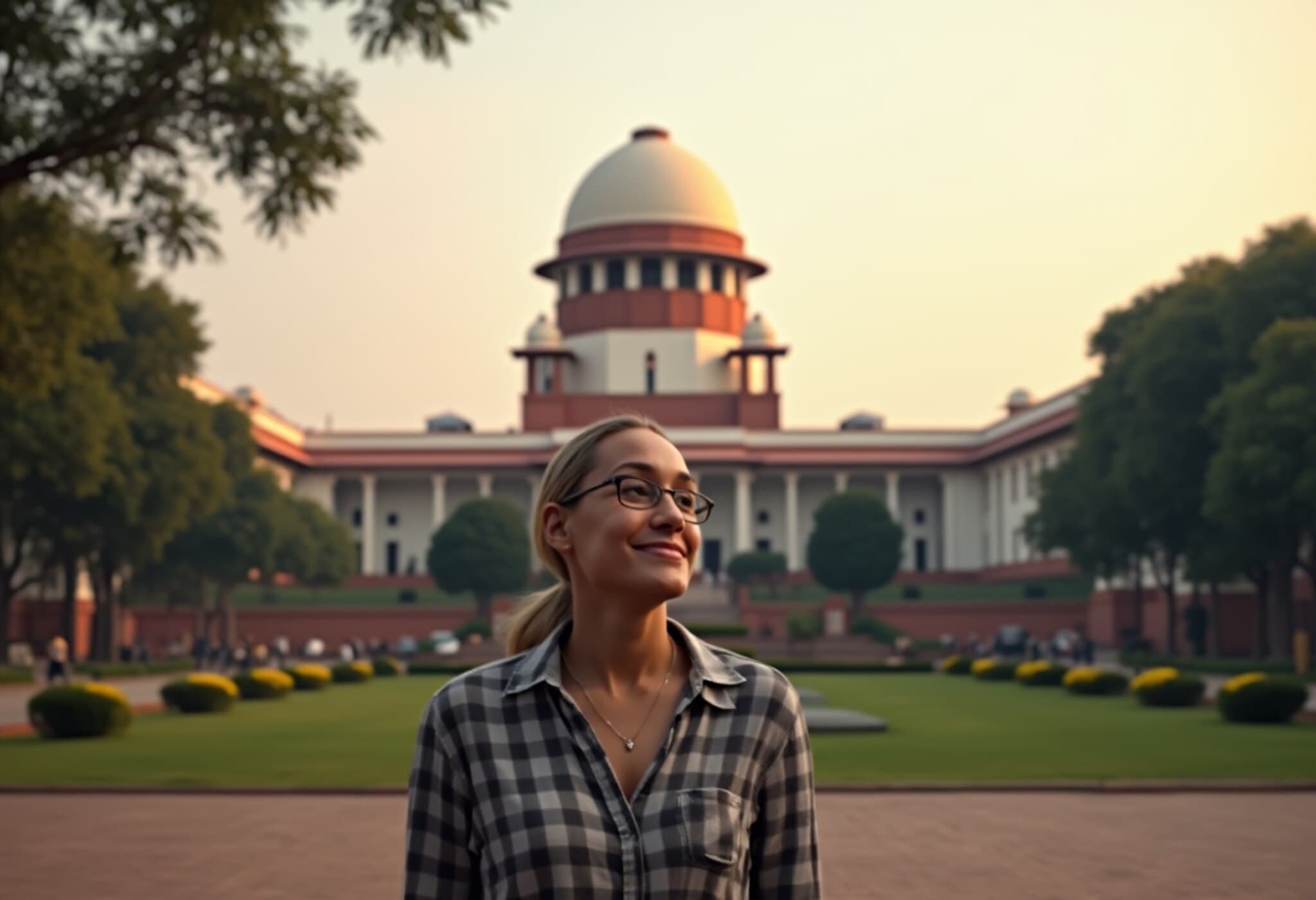Bolsonaro Appeals Supreme Court's House Arrest Directive
Former Brazilian President Jair Bolsonaro has officially challenged the house arrest order imposed by the nation’s Supreme Court earlier this week. The order was issued by Justice Alexandre de Moraes, citing Bolsonaro's failure to adhere to previous restraining mandates and alleged attempts to solicit interference from the US political sphere.
Background to the Controversy
On Monday, Justice Alexandre de Moraes placed Bolsonaro under house arrest after revealing that the former leader had disregarded specific court orders designed to limit his actions amid ongoing investigations. A critical point in Moraes' decision was Bolsonaro's purported outreach to former US President Donald Trump, which raised concerns about foreign meddling in Brazil’s judiciary matters.
Legal Maneuvers: An Appeal in Motion
Bolsonaro's legal team swiftly responded. By Wednesday, they filed an appeal contesting the house arrest, asserting that their client did not violate restraining orders as claimed. Crucially, they requested the case be escalated to a larger panel of Supreme Court justices, signifying the high stakes and national importance of the proceedings.
Political and Judicial Implications
This legal wrangling unfolds against a backdrop of Brazil's charged political environment, where tensions between Bolsonaro and various state institutions remain intense. Observers note that the Supreme Court’s assertiveness reflects a broader effort to uphold judicial independence amid rising authoritarian tendencies in the region.
- Judicial independence at stake: The move sets a precedent in enforcing restraining orders on a former head of state.
- International ramifications: Allegations of external interference underscore concerns about geopolitical influences on domestic affairs.
- Public opinion: Bolsonaro's supporters view the actions as politically motivated, complicating Brazil’s social fabric.
Expert Commentary
Legal analysts highlight the delicate balance the Supreme Court must strike. "Maintaining rule of law requires unwavering adherence to judicial orders regardless of an individual’s status," says Dr. Ana Mendes, a constitutional law expert. "However, ensuring the accused's right to a fair appellate process is equally critical to democratic norms."
What Lies Ahead?
The Supreme Court’s decision to review the house arrest order by a broader judicial panel will be a significant moment for Brazil’s democracy. It will test the resilience of legal frameworks in the face of political turbulence and set an influential precedent for how Brazil handles challenges posed by former political leaders.
Editor’s Note
This unfolding saga in Brazil is more than a legal showdown; it is a reflection of the ongoing contest between judicial authority and political power in Latin America. The appeal’s outcome could either fortify the judiciary’s role as a check on executive overreach or fuel further polarization in an already divided nation. As readers and global observers, it invites reflection on the delicate interplay of law, governance, and democracy in a rapidly evolving political landscape.

















